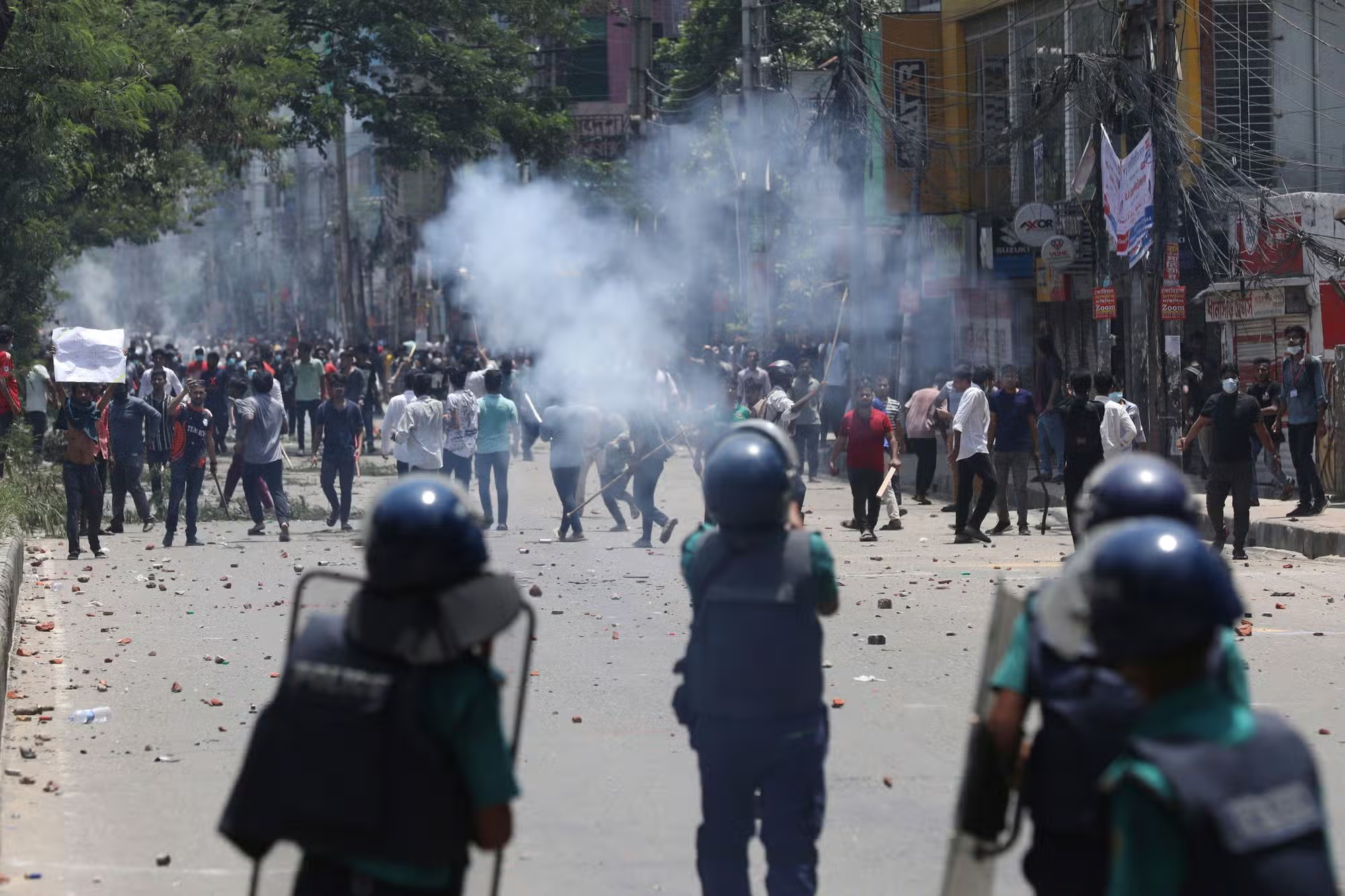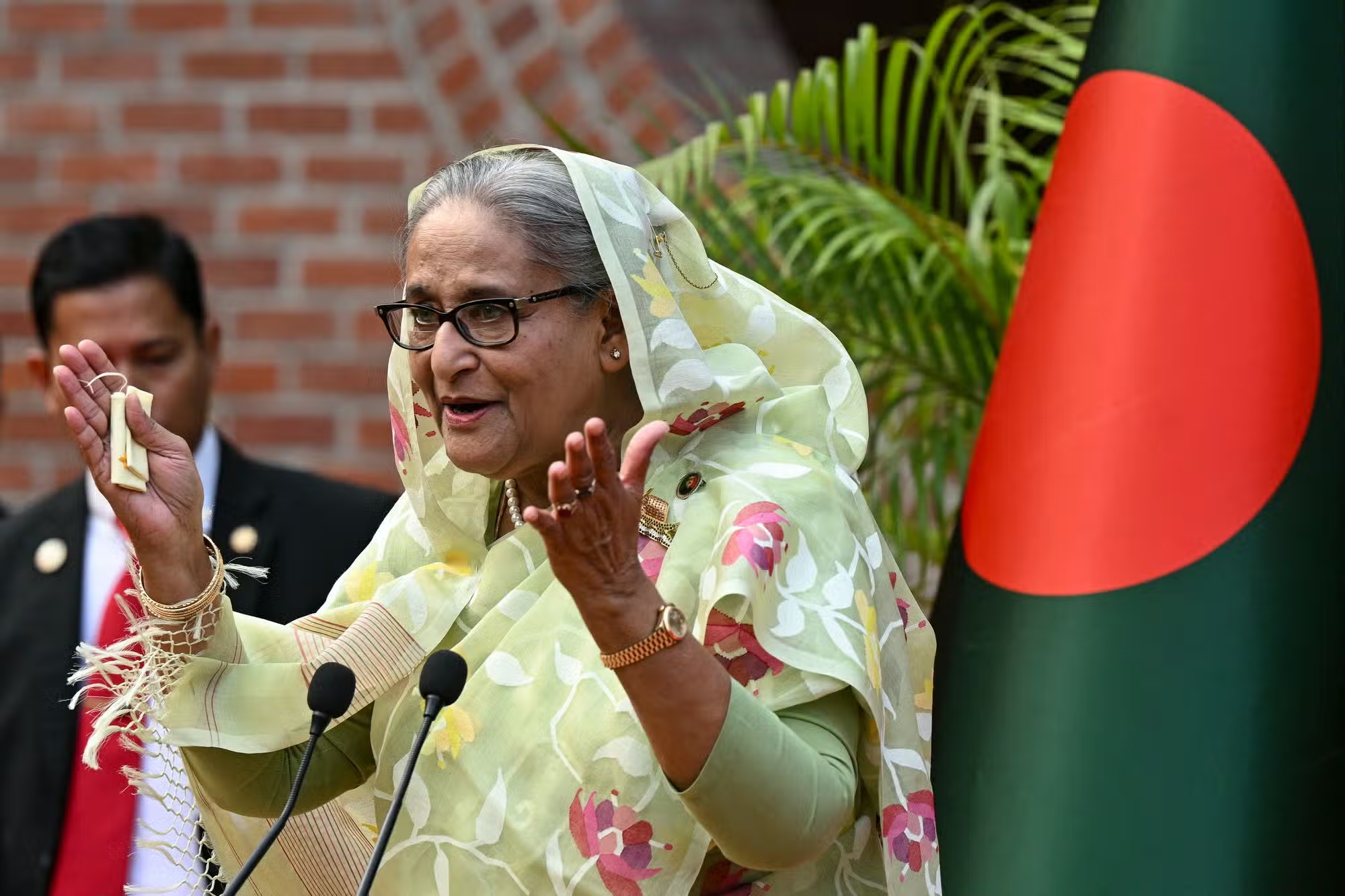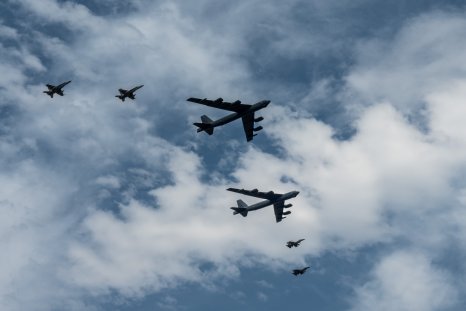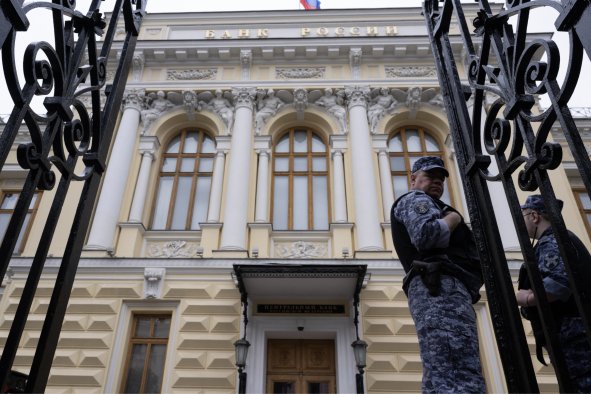Bangladesh’s Supreme Court has scrapped a series of controversial quotas on government jobs after protests against the scheme led to the deaths of at least 130 people.
Rallies erupted across the South Asian country in opposition to a system that allocated 30 per cent of government jobs to the relatives of veterans of the country’s independence war.
Hundreds of thousands of people are believed to have taken to the streets of the capital Dhaka since last week in opposition to the government job allocations.
Over the weekend, Bangladesh was rocked by internet and text messaging blackouts as well as a curfew and ban on public gatherings.
In response to the escalating crisis and deadly clashes, the country’s top court has since ruled to scale back the quotas as they tried to ease tensions.
It is unclear whether the recent changes to the government job quotas will do much to curb wider frustration in Bangladesh, with people calling for prime minister Sheikh Hasina to resign amid concerns over unemployment and inequality.
Here is everything you need to know.

Why are the protests happening?
The latest round of protests to the government job quotas have been ongoing since last month but the demonstrations only escalated last week into violence.
Behind the protests was a policy that reserved 30 per cent of government jobs for the relatives of veterans who fought in Bangladesh’s Liberation War in 1971 against Pakistan.
The quota system was initially scrapped in 2018 but reinstated last month, prompting fury among students.
Read More
With the quota system in place, a lot of government vacancies were unattainable to the general public.
Many protestors also felt the quota system was discriminatory and favoured those supporting prime minister Sheikh Hasina’s Awami League party.
It also came at a time of increased unemployment across the country, further exasperating the crisis.
Last Monday, the crisis came to a head when students at the country’s largest university in Dhaka clashed with police and counter-protestors, which led to further violence.
The communications blackout means that it’s unclear how many people have died during the protests, but local reports suggest that the number could be higher than initially thought.
Thousands have also been injured during the demonstrations.

When was the job quota system introduced?
Bangladesh’s job quota system was first introduced in 1972 and allocated many government jobs to certain groups of people.
It underwent a lot of amendments in the last few decades and was eventually scrapped in 2018.
At the time, 56 per cent of public service jobs were reserved for relatives of Bangladeshi freedom fighters, with a small proportion of that allocated for ethnic minorities, women, and people with disabilities.
In June of this year, the quota system was reinstated, leading to a new round of protests.
Following the deadly clashes, the country’s high court ruled that 93 per cent of government jobs should be hired based on merit, while just 5 per cent will be reserved for the relatives of veterans.
Another 2 per cent will be allocated to ethnic minorities, transgender and disabled people.
How does the job quota system work?
Under the newly agreed quota system, 93 per cent of public service jobs will now be recruited based on merit. However, it’s unclear how the new quota will impact people already working in government jobs.
Just 5 per cent of jobs will now be reserved for the relatives of people who fought in Bangladesh’s liberation war.
Do any other countries use similar quotas?
Such government job quota systems are rare, but there are variations in some parts of the world.
No offer countries publicly reserve jobs to the relatives of certain communities, but there are cases of affirmative action in public roles.
Bangladesh’s neighbour, India, uses a reservation system to save government and public service jobs for people from more disadvantaged groups known as ‘Scheduled Castes’ and ‘Scheduled Tribes’.
In Brazil, 30 per cent of all federal government positions are reserved for the country’s Black community.
Disclaimer: The copyright of this article belongs to the original author. Reposting this article is solely for the purpose of information dissemination and does not constitute any investment advice. If there is any infringement, please contact us immediately. We will make corrections or deletions as necessary. Thank you.



